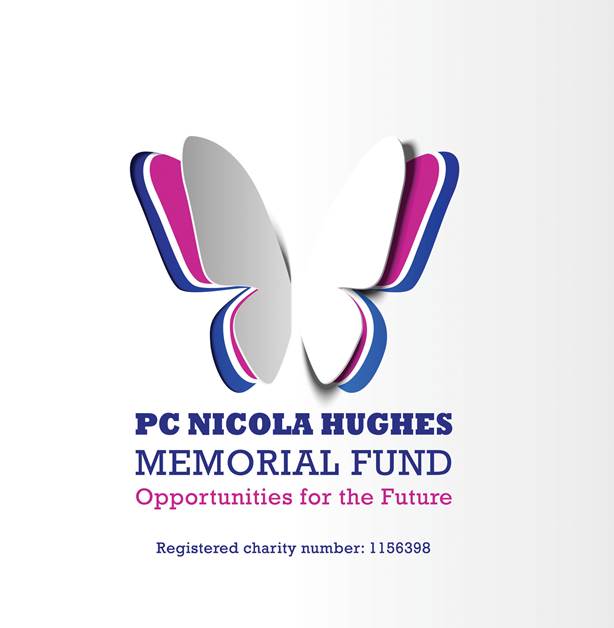CSC (NYSE:CSC) has announced that the Royal Liverpool and Broadgreen University Hospitals NHS Trust has successfully completed a proof of concept (PoC) evaluation of its Clinical Information Portal. This was developed as part of a pilot of the NHS Interoperability Toolkit.
Going live on June 10 of this year, the portal was initially deployed within the trust’s haematology and dermatology departments. During the 60 day evaluation period, the success of the portal grew to include two additional departments: cardiology and renal. Since completion in September, due to demand from clinicians, the trust extended the use of the CSC portal for a further two months to cover the period whilst it completed its procurement process of selecting a portal system to be rolled-out across all hospital sites.
The PoC was initiated to enable the trust to evaluate the use of portal technology as a replacement for paper case notes. Working with CSC and NHS Connecting for Health, the PoC project managers devised full assessment criteria against which results could be measured and opinion of clinicians assessed.
CSC partnered with Carefx Corporation, a leading interoperability platform provider, to deploy the portal which is built on Carefx’s Fusionfx platform. After announcing a partnership agreement in April 2010, both organisations have worked together to deliver the PoC at the trust.
The portal has enabled healthcare professionals to obtain a single screen view of a patient’s notes, collated from information currently held in disparate clinical and administration systems across the trust, such as PAS (patient administration system) and PACS (picture archiving and communications system). It has allowed consultants, their registrars and specialist nurses to consult with patients by viewing patient medical history, key treatments, referrals, diagnosis and test results electronically rather than by paper case notes.
Since completion of the PoC, evaluation reports indicate complete success. All of the targets set have been met or exceeded and feedback from clinicians has been extremely positive, indicating that there have been no problems seeing patients without the traditional case notes.
Use of the portal has given healthcare professionals the ability to have instant access to comprehensive patient records, meaning that treatments can be based on the latest data, ensuring care plans are as relevant and as safe as possible. Clinical and administrative efficiency has also increased significantly with clinicians reporting, on average, a reduction of clinic times by up to 30 minutes. Also, nurses no longer have to spend time moving case notes around and clerk time searching for and preparing case notes has been cut drastically, which previously could take up to 60 percent of their time.
-Just being able to view all critical information about a patient on one screen is a revelation, stated Professor Patrick Chu, consultant haematologist at the Royal Liverpool and Broadgreen University Hospitals NHS Trust. -The use of portals is clearly the way forward to help increase efficiency, improve treatment and diagnosis and patient safety. It will make the paperless clinic a reality which is long overdue. I wholly support the wider adoption of this technology so that healthcare professionals are free to concentrate on the care of their patients.
Supporting Professor Chu’s comments, James Norman, Director of IM&T at the trust also agreed that the success of the PoC has provided the business case required to ensure that a portal solution is deployed across the trust.
-We are aiming to begin full roll-out of a portal system at the beginning of 2011, he said. -To get us to this stage I must give credit to the support and professionalism of the CSC and Carefx personnel that worked closely in partnership with the trust staff to help ensure the evaluation was a success. It has certainly been refreshing for me to see users embrace the system and witness their delight in the end results. We are excited about the efficiencies and opportunities that a portal can bring to the trust through the elimination of case notes and improved access to the right information at the right time for clinicians.
Crucially, as the portal can integrate systems from multiple vendors, this is consistent with the trusts objectives around interoperability, protecting their existing IT infrastructures and assuring flexibility in the future.
Andrew Spence, CSC’s UK director of Healthcare Strategy, added: -This pilot demonstrates how clinical staff can benefit from this approach. By making access to relevant data simpler as part of their workflows, clinicians can spend more time concentrating on their patients rather than IT. No longer will clinicians or administrative staff have to remember multiple passwords and user names and have to interrogate different systems for each part of a patient’s record, which brings gains for everyone.
-The results speak for themselves and I believe the work with Royal Liverpool University Hospital and Broadgreen Hospital will ultimately benefit other trusts in the NHS. It is clear that portal technology can drive efficiencies and provide a more seamless service for patients.







Recent Comments